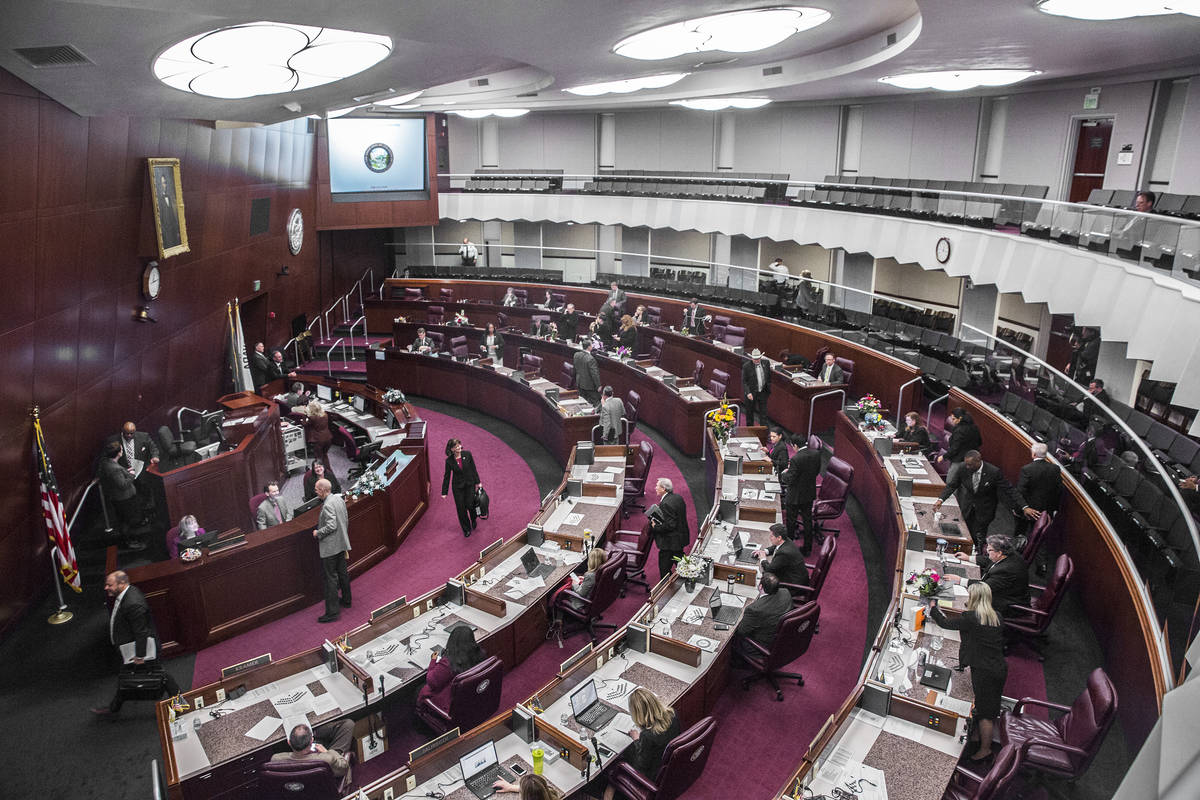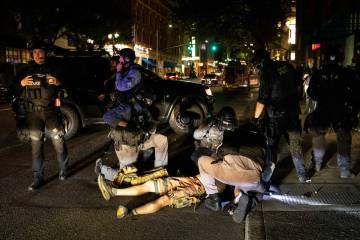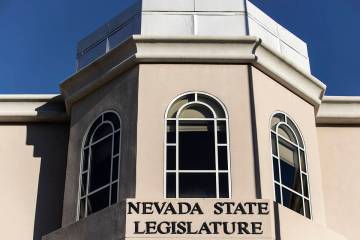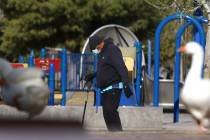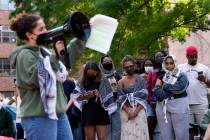COMMENTARY: Due process and campus sexual assault
Innocent until proven guilty? Not if legislators have their way at Nevada colleges.
It’s no secret that on college campuses there are both students who are victims of sexual assault and those who are wrongly accused. It’s also widely acknowledged that colleges and universities across the country have failed miserably at addressing this problem, with far too many examples of schools nationwide sweeping allegations under the rug or railroading accused students.
The need to set policy that properly protects the rights of both sets of students should be obvious. Yet Nevada legislators are on the brink of passing a pair of measures — Senate Bill 347 and Assembly Bill 384 — that incentivize bad-faith allegations and strip accused students of even the most basic procedural protections.
These bills lack any semblance of fair process. Nevada’s students would not be guaranteed a hearing or even the presumption of innocence. Schools would have to disclose only the evidence they wish to use, meaning they can conceal evidence of innocence. One bill requires that students submit all questions for witnesses in advance of any proceeding, leaves it up to the college whether to ask them and provides no opportunity for follow-ups.
Making matters worse, SB347 requires institutions to waive any academic conditions on scholarships for complainants who allege they experienced any sexual misconduct. While this accommodation may sometimes be appropriate, making this an automatic entitlement encourages false reports. The bill even allows this accommodation to be granted by a “victim advocate” assigned to reporting students.
The stakes for the accused in these cases are extremely high. Not only is the student’s education literally on the line, but the statements students make during their campus proceedings (where there is frequently no right to remain silent) may be admissible against them in later criminal proceedings. This potential to permanently give up one’s Fifth Amendment right against self-incrimination is worsened further by the bills’ provision allowing institutions to force students’ attorneys into an inactive advisory role — making them little more than “potted plants.” This is no small matter in a state where those convicted of rape face life in prison without parole.
SB347 seeks to justify these scant protections by stating that the “investigation and adjudication of alleged sexual misconduct is not an adversarial process.” That would certainly be news to the students involved.
Courts have had no problem cutting through the absurdity of claims that college proceedings need not have respect for procedural fairness. As one court noted in response to Notre Dame’s argument that lawyers were not required because its disciplinary process was educational, not punitive: “This testimony is not credible. Being thrown out of school, not being permitted to graduate and forfeiting a semester’s worth of tuition is ‘punishment’ in any reasonable sense of that term.”
Advocates for the bills repeatedly testified to the Senate that Nevada needs this legislation on the basis that 1 in 4 female students will be victimized during college and that nearly 12,000 students currently enrolled in the state’s institutions of higher education have been the victims of sexual violence. Such numbers are horrifying, but they are also highly disputed.
For example, Department of Justice data from 1995 to 2013 indicates that rape is actually more common among young people who are not enrolled in college (7.6 per 1,000 female students) than those who are (6.1 per 1,000). Whatever the numbers might actually be, adopting flimsy procedures only leaves everyone less certain about the accused’s guilt or innocence. While even one sexual assault is too many, jeopardizing the legitimacy of campus proceedings won’t solve the problem.
The Foundation for Individual Rights in Education takes the view that whether campus sexual assaults are rare or commonplace, every school should have a policy that treats all of the students involved with dignity and fairness. But when advocates and legislators cite contested and arguably misleading statistics as a reason to roll back fundamental civil liberties, we should all be alarmed.
Fair campus sexual assault legislation that recognizes the rights of all students could benefit Nevada students. The legislation currently pending does not come close to this standard. Lawmakers should think long and hard before they jettison the rights of tens of thousands of Nevada’s college students.
— Joe Cohn is the legislative and policy director at the Foundation for Individual Rights in Education. He previously served as the interim legal director at the ACLUs of Nevada and Utah.



